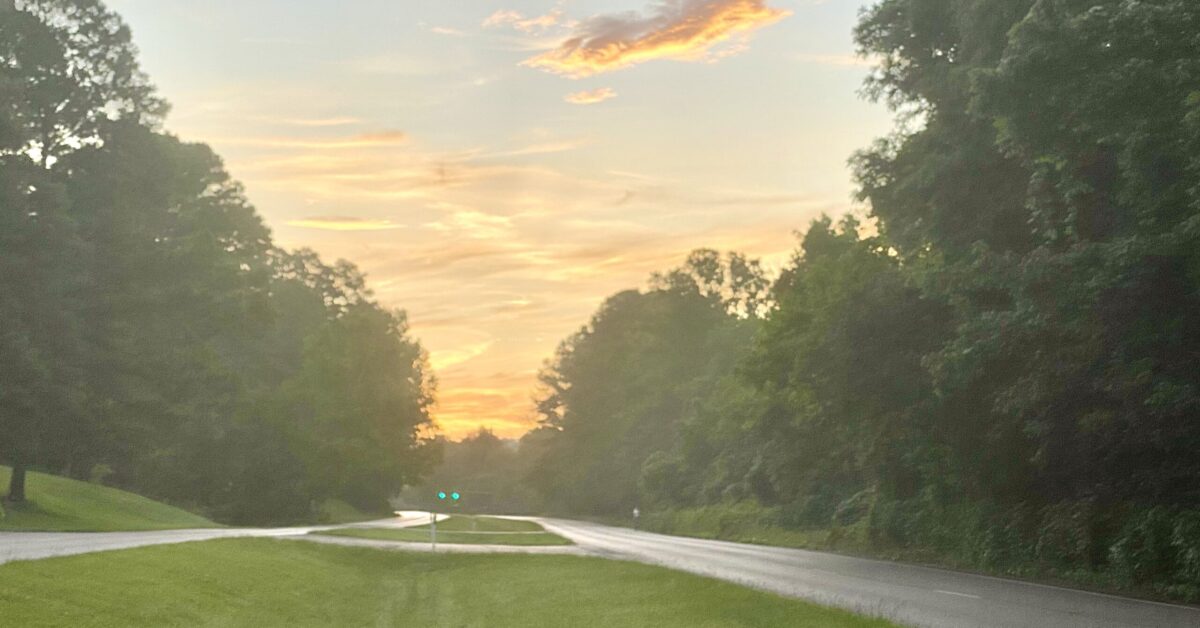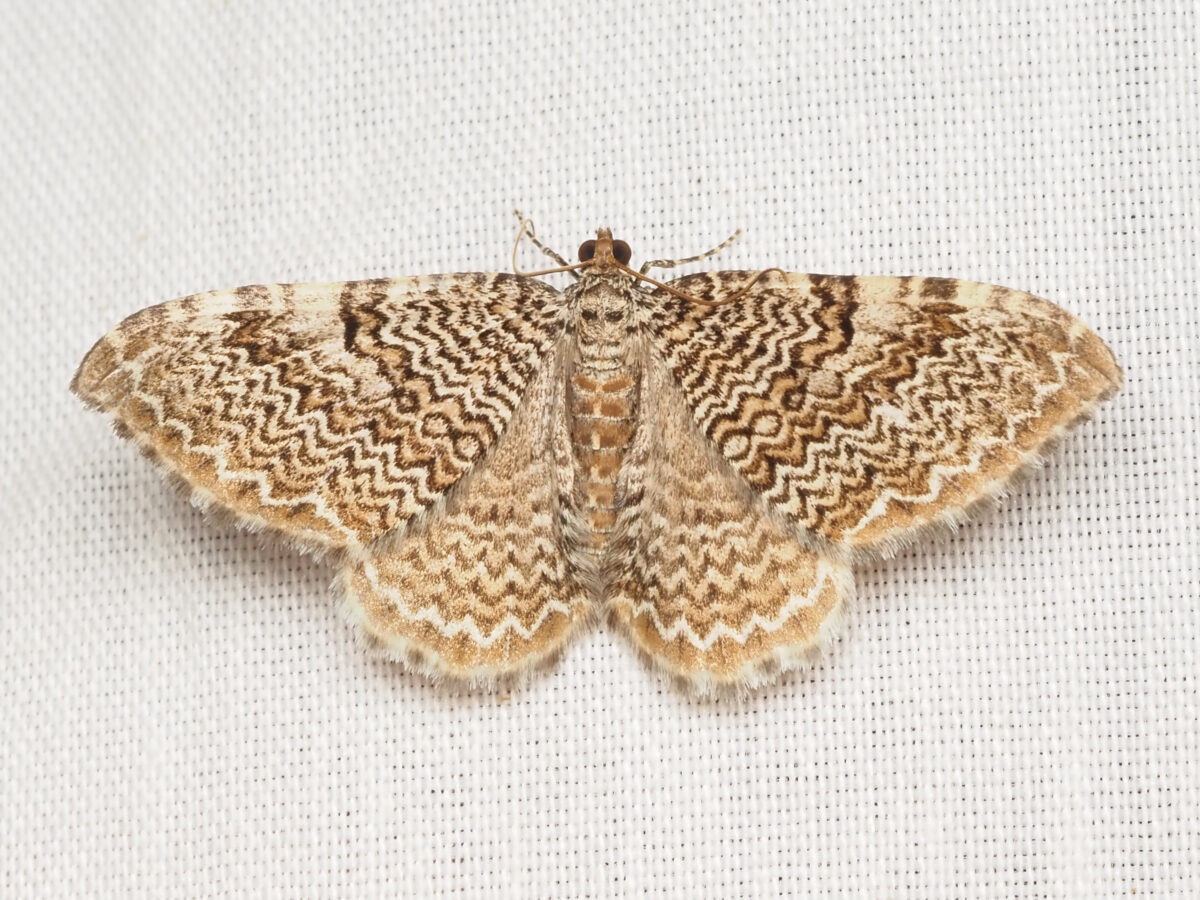Reviewed by: Rushing Waters
4 easy ways to protect birds from window collisions in Birmingham
Reading time: 5 minutes

Growing up, I remember hearing a loud “thunk” on the window every so often. To my dismay, I would find a bird injured—or worse—outside.
Little did I know that window collisions are the second leading cause of fatality for birds in North America, with over 365 million bird deaths resulting each year.
One Birmingham organization, Alabama Audubon, is working to reduce that number with an initiative called Project Safe Flight.
Project Safe Flight

Project Safe Flight was founded in response to the alarming number of window-bird strikes that happen each year in the US. As one might expect, birds don’t often detect glass while in flight.
Instead, they have their eye on their destination, whether that’s a house plant on the other side of a window or a tree in the reflection.
On first thought, it might seem like there’s nothing we can do. In our modern-day cities and neighborhoods, windows are everywhere.
Project Safe Flight, though, has some answers. These solutions to bird-window collisions are quick and easy, and help Alabama Audobon’s mission to keep more birds alive.
“Project Safe Flight is going to provide us with insight into the extent of this problem across the state and which species are most affected. It’s also going to help us identify buildings that have a lot of collisions, and allow us to work with those building owners to try and retrofit their windows. We know that windows are killing a lot of birds, but the really great thing is that we know what the solutions are and that they are accessible. We can all start saving birds’ lives today.”
Lianne Koczur, Science & Conservation Director
In the spring of 2023, Alabama Audubon did 121 surveys in Birmingham and found 72 dead birds. That’s why the following three steps are so important.
1. Install affordable, innovative window coverings


When I say “window coverings,” I’m not saying that your home will never get any natural light.
One of most effective ways to prevent bird-window strikes is with innovative window applications. As you can see above, these products are subtle, but they improve the windows’ visibility for birds and break up reflections.
“There are lots of effective options for making windows bird-safe. FeatherFriendly decals are what we have used so far. They are pretty simple to install on smaller/easily accessible windows and incredibly effective at preventing collisions. We have also seen zen curtains be very successful, which is just strips of paracord rope hung from the top of the window. Whatever you want to try, the most important things are that it needs to be on the outside of the window in order to break up the reflection and spacing should be 4 inches apart at the most (every 2 inches is best).”
Lianne Koczur, Science & Conservation Director
Installing these affordable products (on the outside of windows) is an easy, effective way to prevent bird-window collisions. If you want to see what the finished product looks like, head to Kinetic on Morris Avenue or the Wildlife Center at Oak Mountain.
“Kinetic was excited to partner with Alabama Audubon and help protect our friendly Morris Avenue birds. It was a small, easy step we could take and we hope others will follow suit.”
Jay Brandrup, Founder + Principal, Kinetic Communications
2. Move your bird feeders

This one’s pretty straightforward—put your bird feeders within three feet of your windows. Doing so will cause birds to lose momentum when heading toward a window mid-flight.
Even better, put feeders near protection—such as bushes—so that birds can hide from predators.
3. Turn off the lights at night

Not only can turning off lights at night save energy, it can also save birds. According to Alabama Audubon, turning off lights at night can reduce bird-window collisions since many birds migrate at night.
If you forget to do this sometimes (like me), try using timers and motion sensors.
BONUS: Join Project Safe Flight!

If you’re looking to get even more involved in Project Safe Flight’s mission, you can join the team yourself.
“We are always looking for more people to join the Project Safe Flight team! We need people to survey buildings for injured and dead birds, to help transport injured birds to rehabilitation facilities, to help with installing decals – there are lots of ways to get involved! You can reach out to us at info@alaudubon.org.”
Lianne Koczur, Science & Conservation Director
Alabama Audubon is also hosting an info session later this month, which is a great way to start getting involved in Project Safe Flight. Register at the link below!
You can also sign up to volunteer in Project Safe Flight on Alabama Audubon’s website. One of our team members here at Bham Now volunteered to look for dead birds once a week for six weeks, and Alabama Audubon can always use more help!
If you find a dead or injured bird, you can report it at https://dbird.org to help Alabama Audubon track window collisions.
Want updates like this delivered straight to your inbox? Sign up for our newsletter today.



